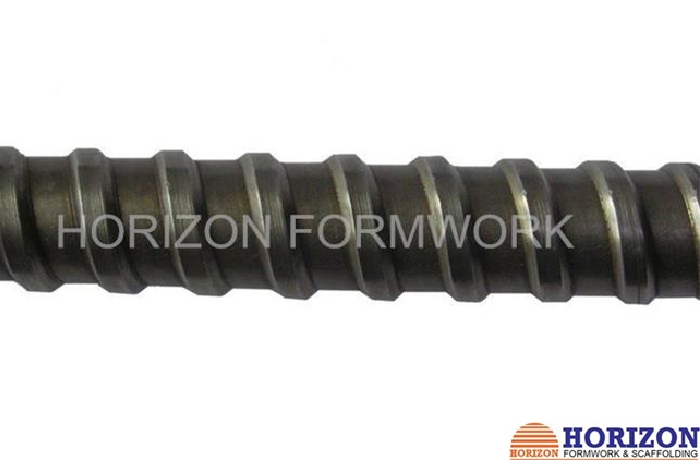Nov . 26, 2024 13:52 Back to list
Top European Formwork Suppliers for Construction Projects
Euro Formwork Suppliers A Guide to Efficient Construction Solutions
In the realm of construction, formwork plays a crucial role in determining the quality, cost-effectiveness, and overall efficiency of projects. Euro formwork suppliers have emerged as key players in providing high-quality and innovative formwork solutions tailored to meet the diverse needs of construction projects across Europe and beyond. This article aims to explore the significance of Euro formwork suppliers, the types of formwork they offer, and the benefits they bring to the construction industry.
What is Formwork?
Formwork refers to the temporary or permanent molds used to hold concrete in place when it is poured. It shapes the concrete and supports it until it hardens sufficiently to support itself. Formwork can take many forms, including traditional wood and more sophisticated options made from steel or plastic. The choice of formwork significantly influences the construction timeline, labor costs, and the quality of the final structure.
Importance of Euro Formwork Suppliers
Euro formwork suppliers are essential for several reasons. Firstly, they provide a wide range of formwork systems designed to meet the regulations and requirements specific to different European countries. This local expertise ensures compliance with safety standards, building codes, and environmental regulations, which is critical in today’s construction landscape where sustainable practices are increasingly prioritized.
Secondly, these suppliers focus on innovation. They invest in research and development to design formwork systems that not only improve the efficiency of the construction process but also reduce material wastage. For instance, many suppliers now offer modular systems that are easier to assemble and disassemble, allowing for faster project completion.
Moreover, Euro formwork suppliers offer comprehensive support services, including training, technical advice, and after-sales service. This ensures that construction teams can utilize the equipment effectively, minimizing potential errors and delays during the construction process.
Types of Formwork Offered
Euro formwork suppliers provide a variety of formwork systems, including
1. Plastic Formwork Lightweight and easy to handle, plastic formwork is ideal for residential buildings and small projects. It is reusable and offers good insulation properties.
euro formwork suppliers

2. Steel Formwork Known for its durability and strength, steel formwork is often used in large-scale construction projects. It can withstand heavy loads and is reusable several times, making it a cost-effective option.
3. Aluminium Formwork This type of formwork is lightweight but incredibly sturdy. It allows for fast assembly and is suitable for high-rise buildings due to its ability to maintain structural integrity under demanding conditions.
4. Timber Formwork Traditional and versatile, timber formwork is still widely used. While it is less durable than other materials, it can be customized easily for various shapes and sizes.
5. Stay-in-Place Formwork This innovative formwork allows for the structure to remain in place after the concrete has cured, providing additional insulation and structural benefits.
Benefits of Choosing Euro Formwork Suppliers
Engaging with Euro formwork suppliers provides numerous advantages
- Quality Assurance Suppliers in Europe adhere to strict standards, ensuring that the formwork products meet high levels of quality and safety. - Efficiency Innovative systems designed to speed up the construction process save time and reduce labor costs.
- Sustainability Many suppliers are committed to eco-friendly practices, offering recyclable and sustainable materials that lessen the environmental impact of construction projects.
- Wide Selection The diverse range of products allows construction teams to select the most appropriate formwork system based on their specific project requirements.
In conclusion, Euro formwork suppliers are indispensable to the modern construction industry. By providing a variety of high-quality, innovative formwork solutions and comprehensive support, they enhance project efficiency, ensure compliance with regulations, and promote sustainable practices. As the construction sector continues to evolve, the significance of these suppliers will undoubtedly grow, paving the way for a more efficient and eco-friendly approach to building infrastructure.
-
Heavy Duty Props EN1065 Certified - Adjustable Steel Shoring for Formwork
NewsJul.21,2025
-
Heavy Duty Tripod & Fork Head: Stable Camera Mount for Pro Shots
NewsJul.21,2025
-
High-Quality U Head Jack Scaffolding – Reliable Scaffolding Jack Head Manufacturer & Factory
NewsJul.08,2025
-
High-Quality I Beam H20 Leading Timber Beam H20 Material Factory, Exporters & Manufacturers
NewsJul.08,2025
-
High-Quality Powder Coating Steel Formwork - Durable & Corrosion Resistant Solutions
NewsJul.07,2025
-
Inclined Column Formwork Supplier – Durable & Precise Solutions for Unique Structures
NewsJul.07,2025